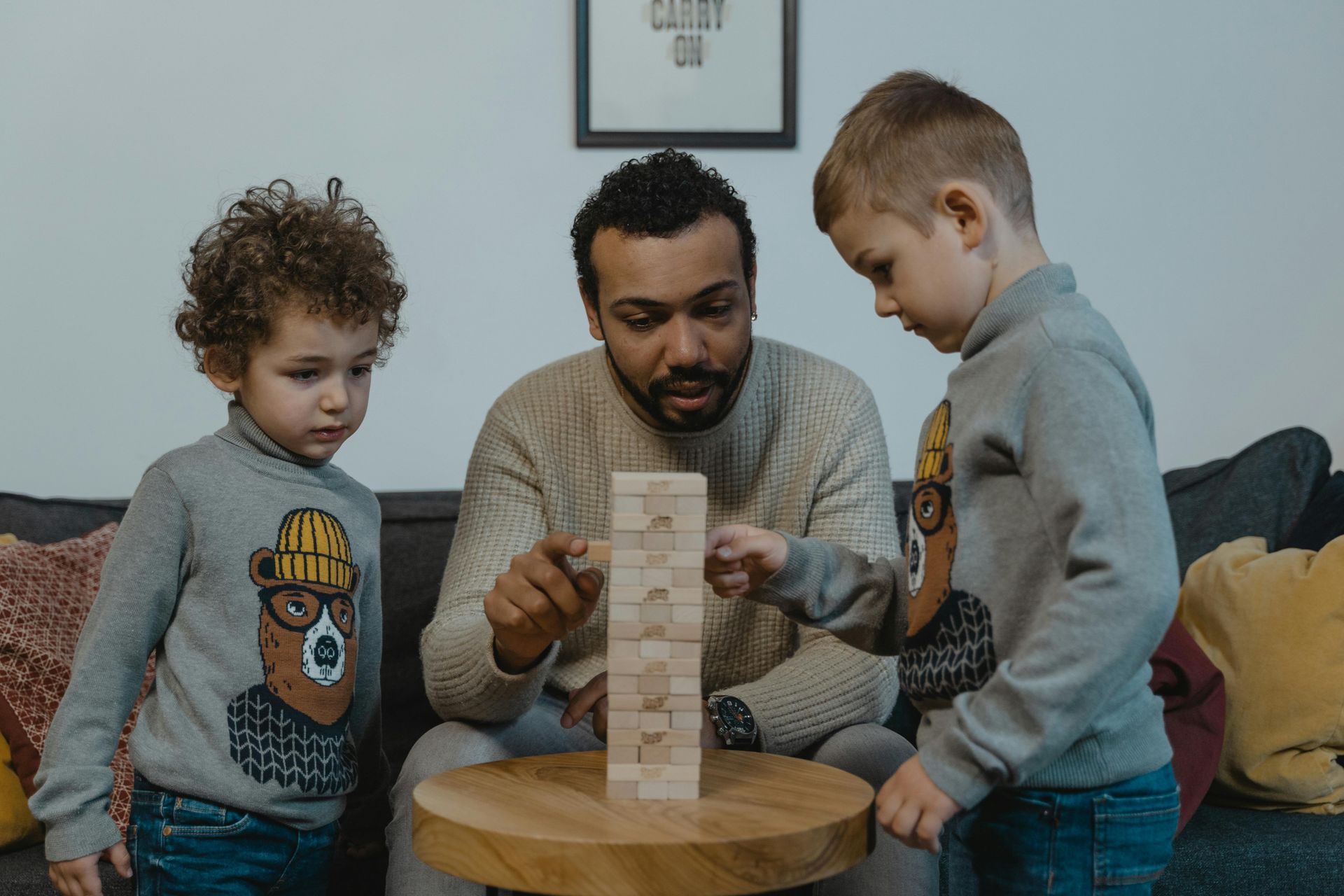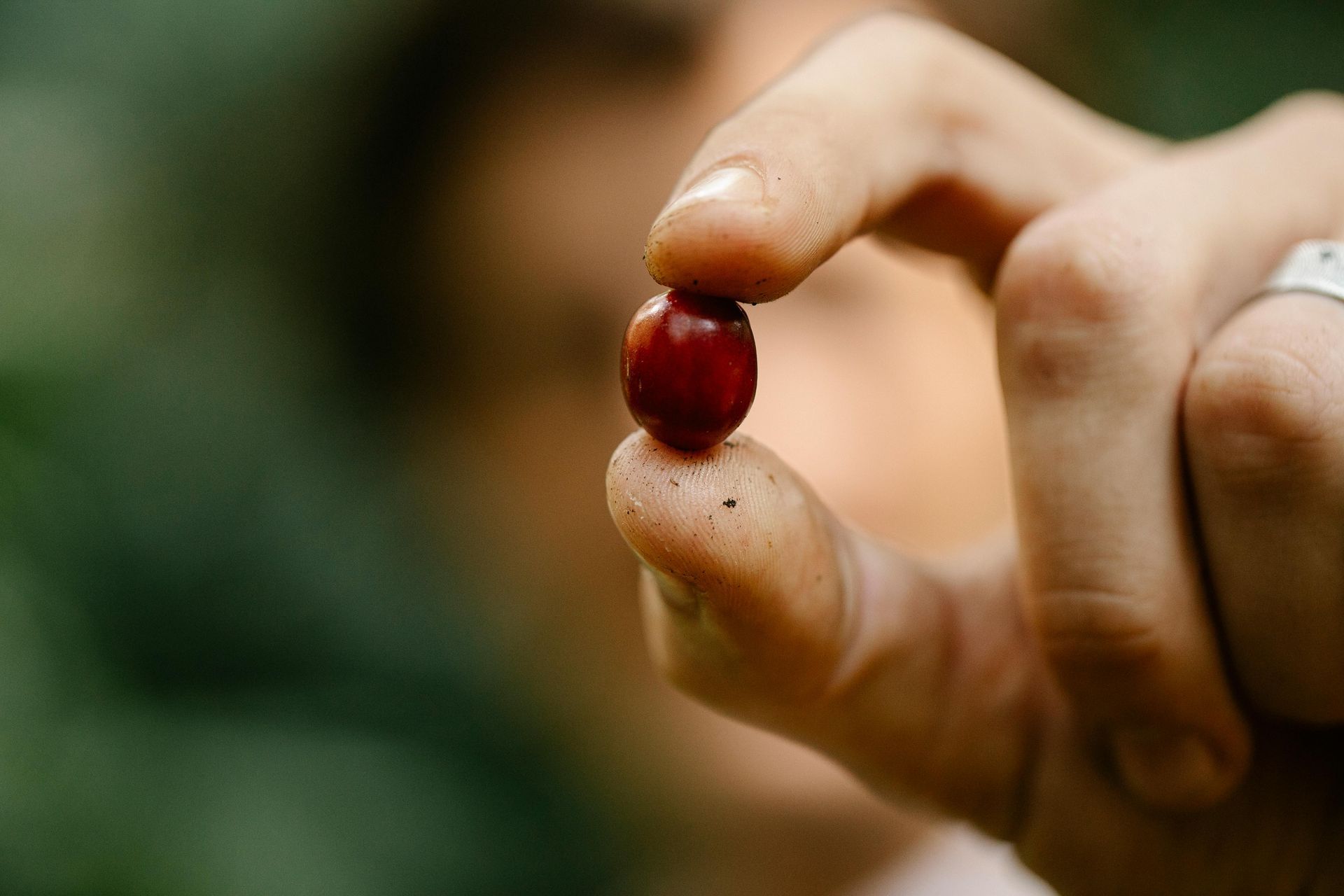Assisting Children After a Tragedy
Yesterday was another dark day in this country, with innocent lives being lost to a preventable tragedy in Uvalde, Texas. Sadly, rather than rest our full attention on the victims and those who loved them, rather than come together in solidarity and support, we argue and fight about the root causes.
Now is the time to come together in love and in caring attention to children in our own lives. Like it or not, these events become part of every child’s life story. How we, as adults handle ourselves is deeply important.

Be aware of your own reactions to the event.
No matter the age of the child, they take their cues about how to feel and how to respond from us; their parents, older siblings and others they look up to. Model calm behavior and sincere and authentic emotions.
Be available to your children and children in your presence for extra attention.
This will show your child that they are ok, you are ok and that you are there for them. This reassurance is necessary to help your child be a child, whether they want or need to talk about the information they are taking in or not.
Be aware of your child’s cognitive and emotional developmental level.
This will dictate how much information you allow them to take in and the words and concepts you use to help them understand what they are taking in. Be thoughtful of activities like sending cards to the victims. This can be a healing and connecting exercise, but if you are going to do it, think about it first; your child’s age and developmental level, what you want them to know, what you want them to learn, if the activity will help with your desired outcome.
Be a good listener.
Your child will let you know what they need. Take their lead, rather than leading them and seeing what comes of it.
Don’t speculate or give false or unconfirmed information about the events.
Misrepresented, false and distorted information is rampant today. Do not bring your child into the politicization of the events and what is unfolding.
Monitor exposure to media.
Generally speaking, when the children are around, put the devices away and turn the news off. Remember, what you do, they do. If you are heightened about things, they will be too, or it will come out in ways that seem unrelated, but that are related. It’s TOO much for them to take in and your motions are too much for them to take it. Some parents will claim that their child is self-absorbed or absorbed in play or video games or something else. We are talking about the energy in your home or car. They WILL take it in.
Reassure their safety.
Assure children that you are paying attention to their safety and to teaching them to pay attention to their safety. Let them know that while very tragic, these events are extraordinary and uncommon. After a bit of time has passed in the same week or two, brush up on some safety tips and strategies.
Consider your child or the children in your care and what their struggles and challenges are.
Children with a history of a traumatic experience, loss, or emotional disturbances may need extra help processing these events. Sometimes children become very quiet when they are frightened, and some children act out or get fidgety. Some children identify with the perpetrator. On the news, we can already hear things like, “the shooter was bullied.” Listen for children who say things that indicate they are identifying with the perpetrator or suggest that violence might be an option for them.
Make an effort to maintain your regular routine.
Children need consistency. They need their dinner time to stay regular, homework and bedtime, and even household chores. Some parents put everything on hold, even when they are not directly connected to the event. Kind of like, “It’s been a hard day for everyone. Your teachers will understand why you didn’t do your homework.” “It’s been a hard day and I can see why you would be afraid to go to school. You can stay home.” This only validates a fear that they are not safe, and that when something hard happens, we relax all responsibilities. Not a good precedent to set.
Monitor your own emotional status.
Be aware that you may also be feeling grief, anxiety, guilt, and anger as you attempt to make sense out of the senseless. Keep in touch with close friends, family, your child’s school, mental health professionals as needed. Try to get good sleep, hydration and nutrition. Try not to fall into the trap of the politicization of everything. These things are rarely one way or another. People are rarely right or wrong. There are many factors to consider and getting caught up in one side or the other may not serve you well, may not solve any problems and definitely will not bring peace and healing.




